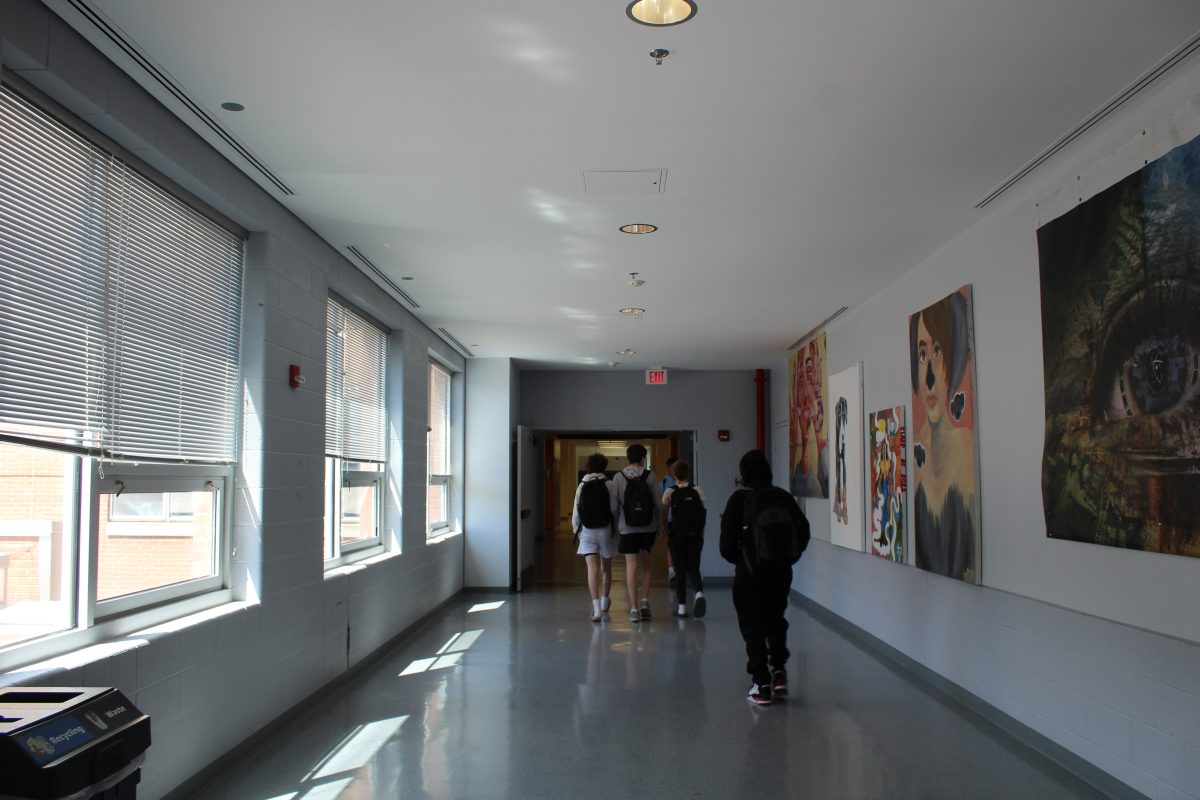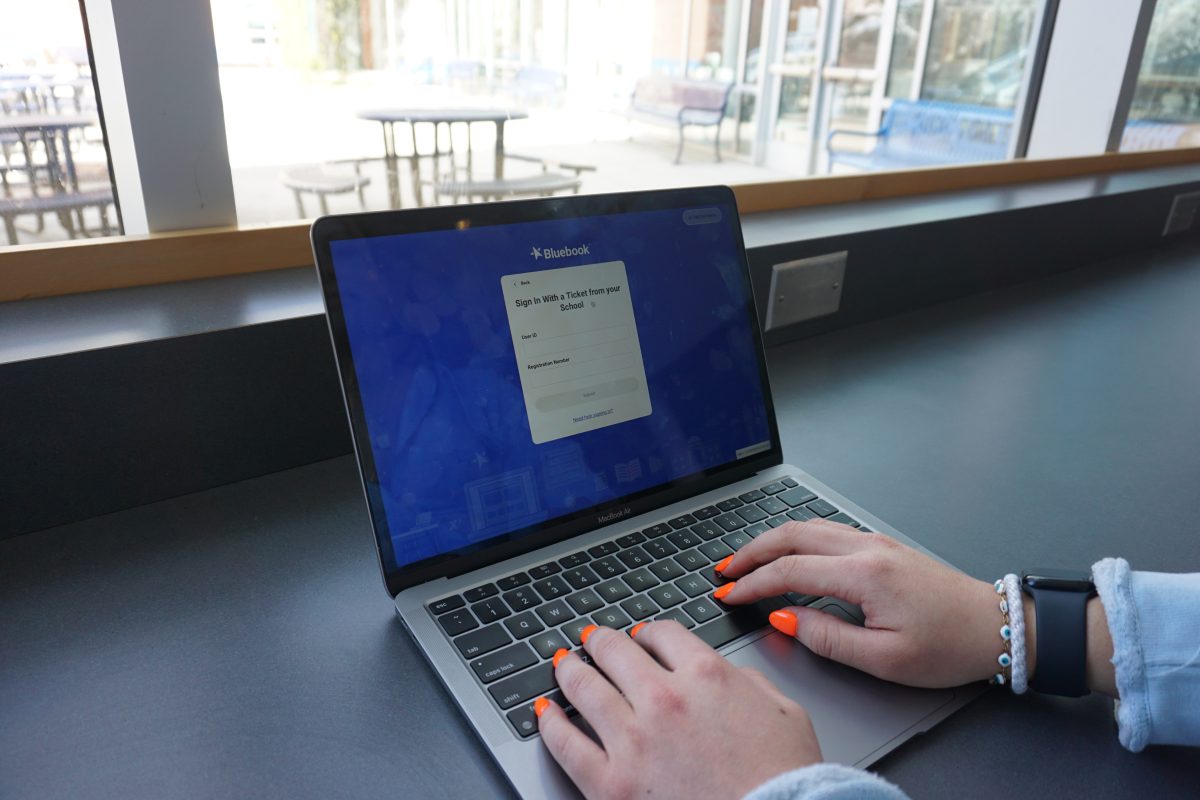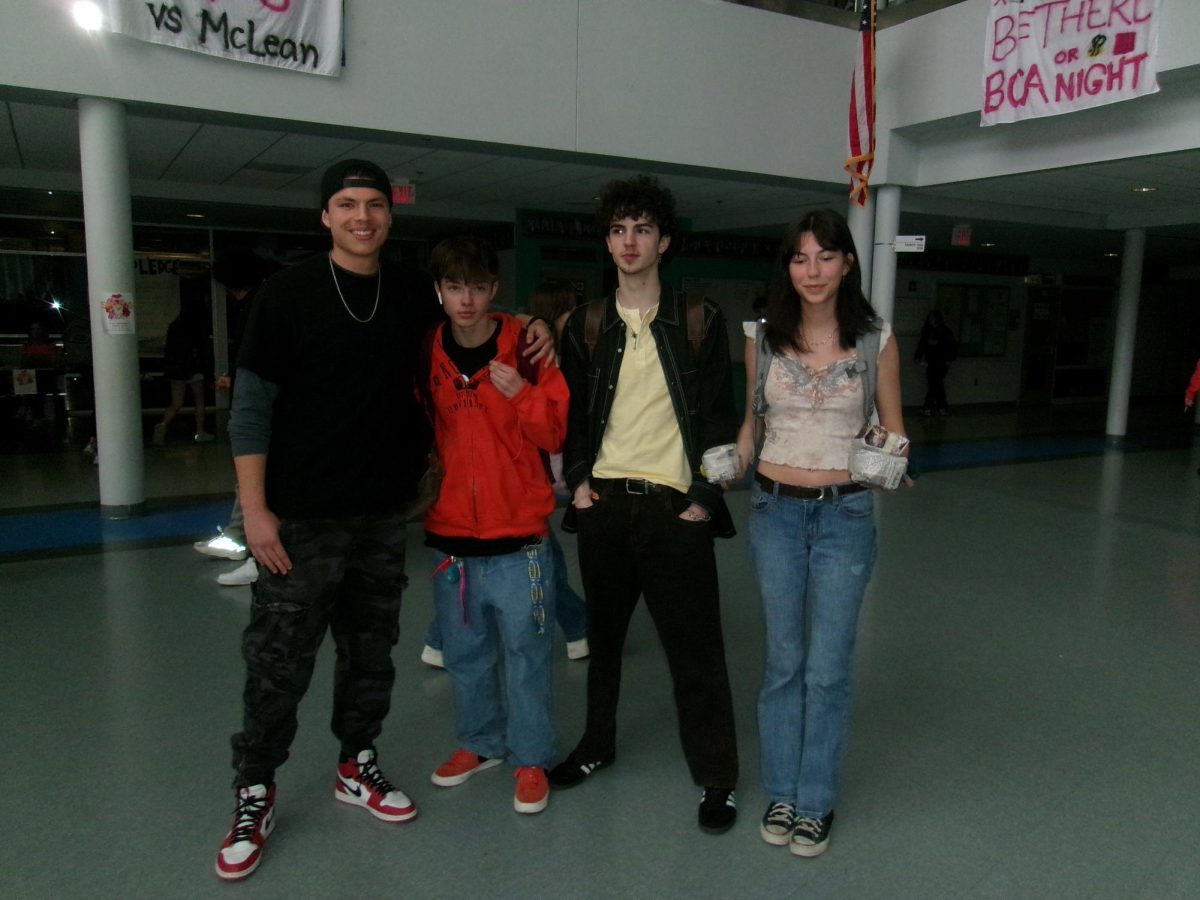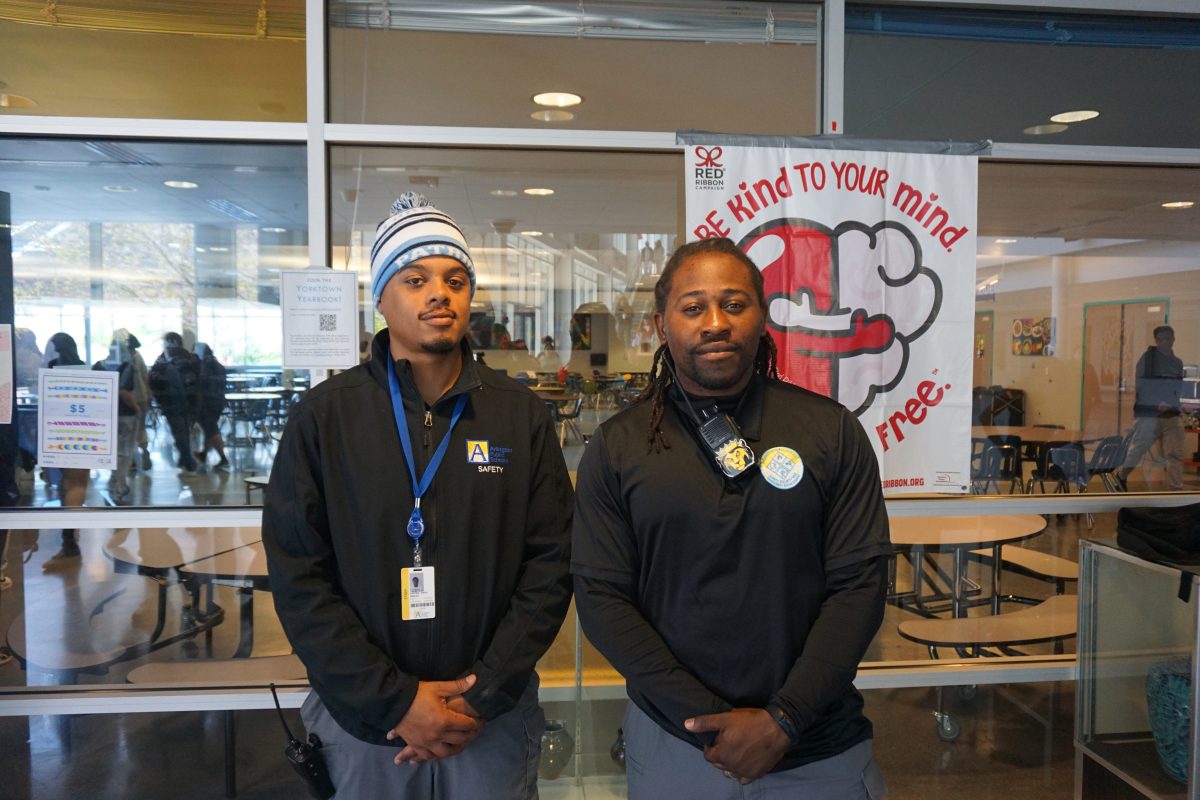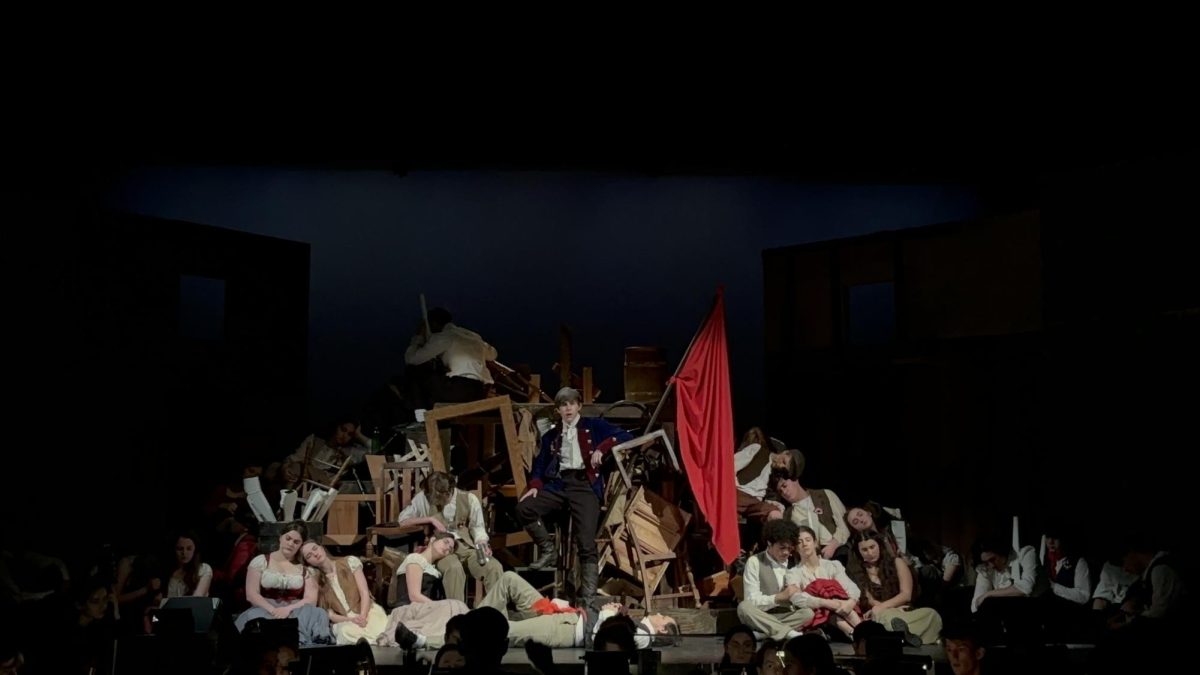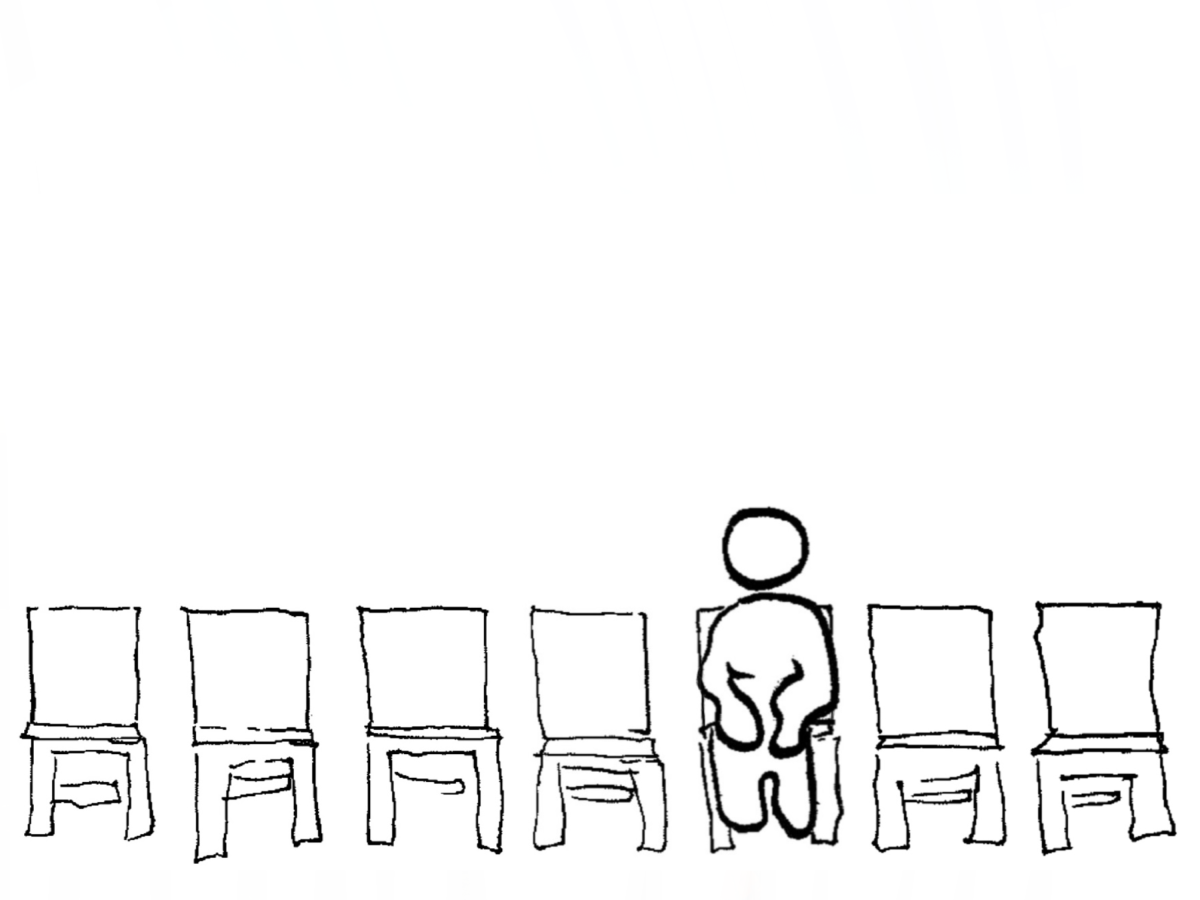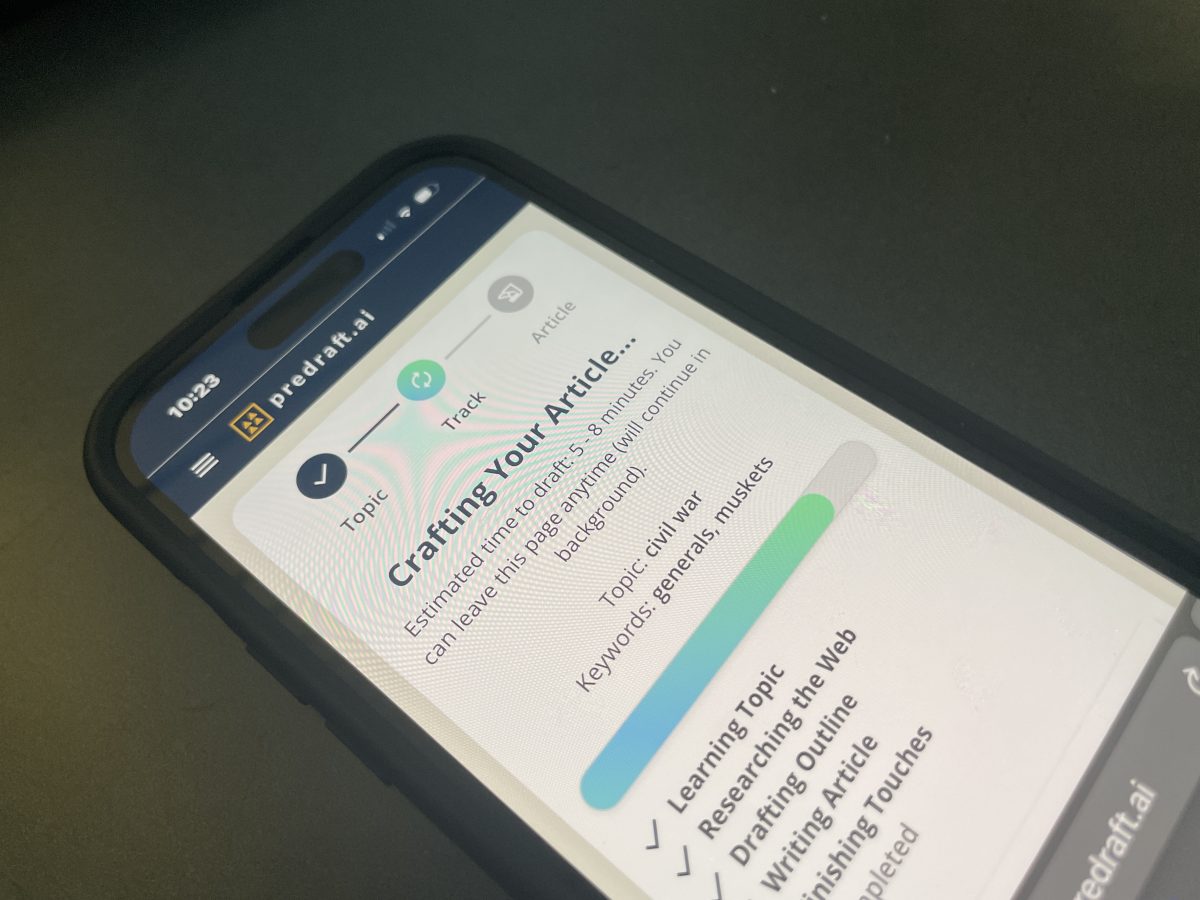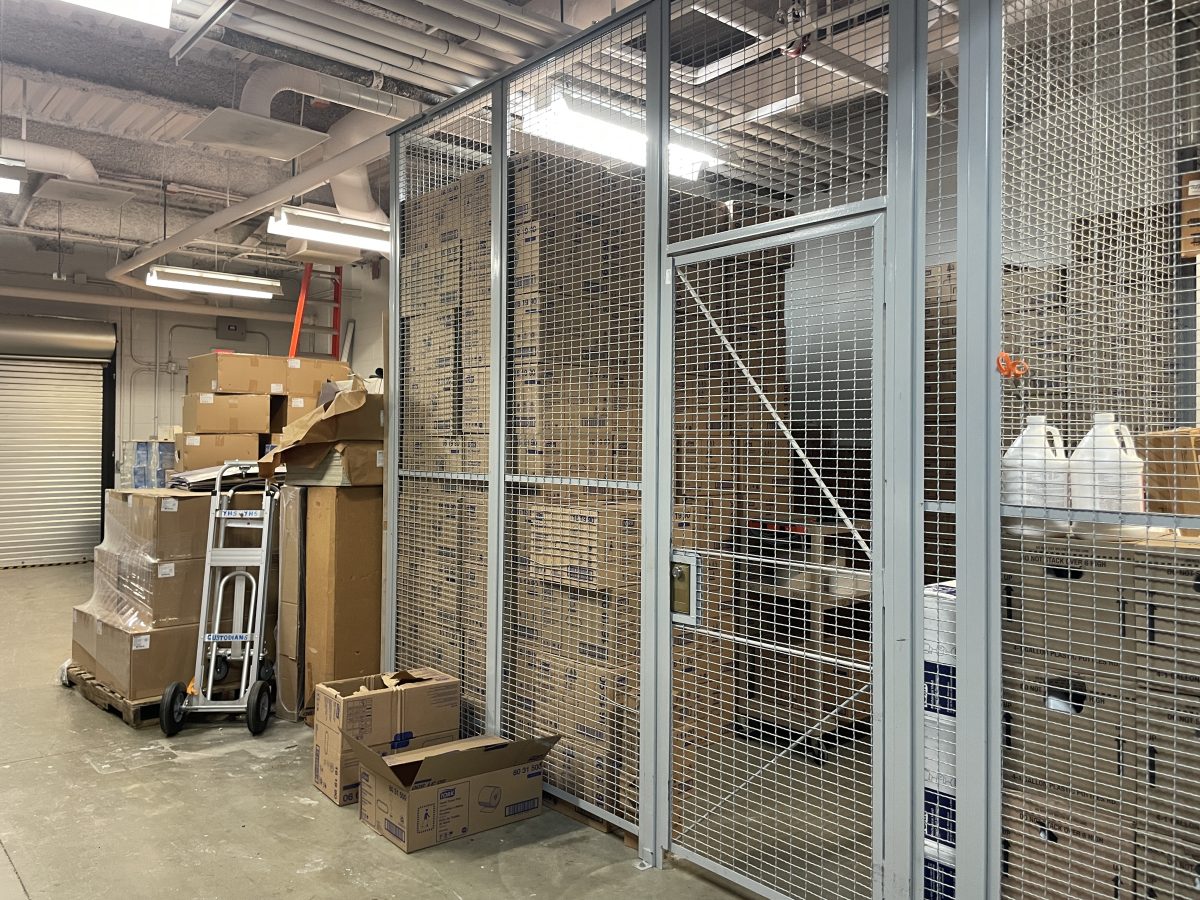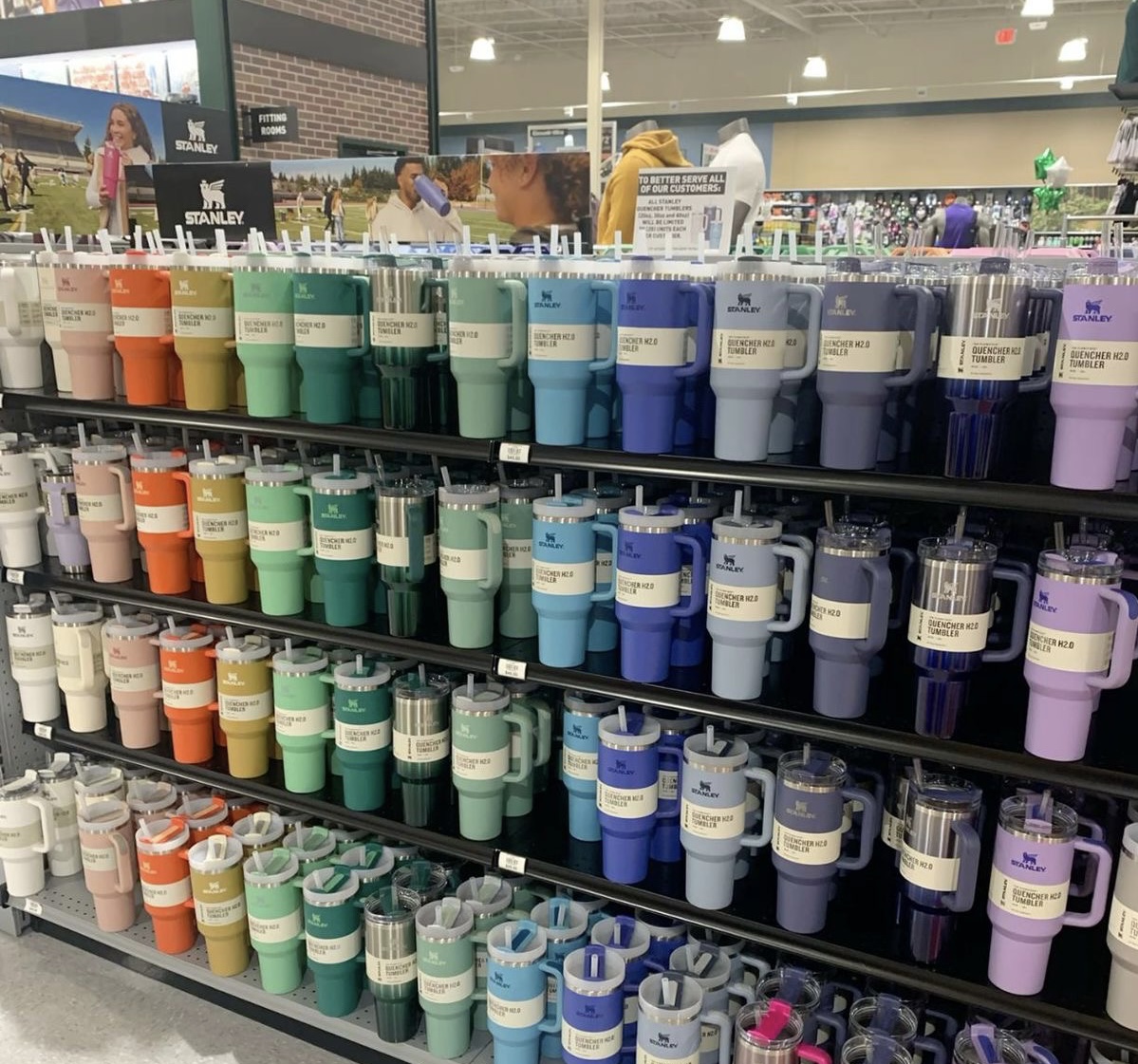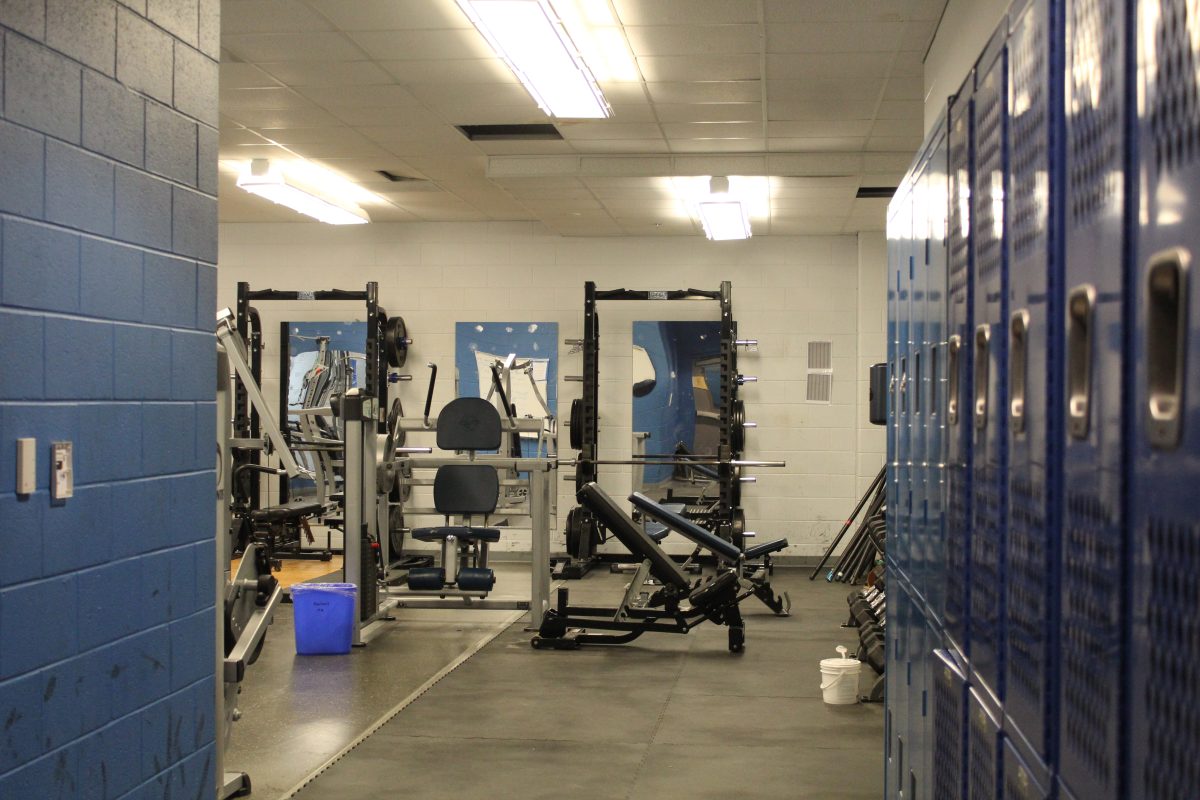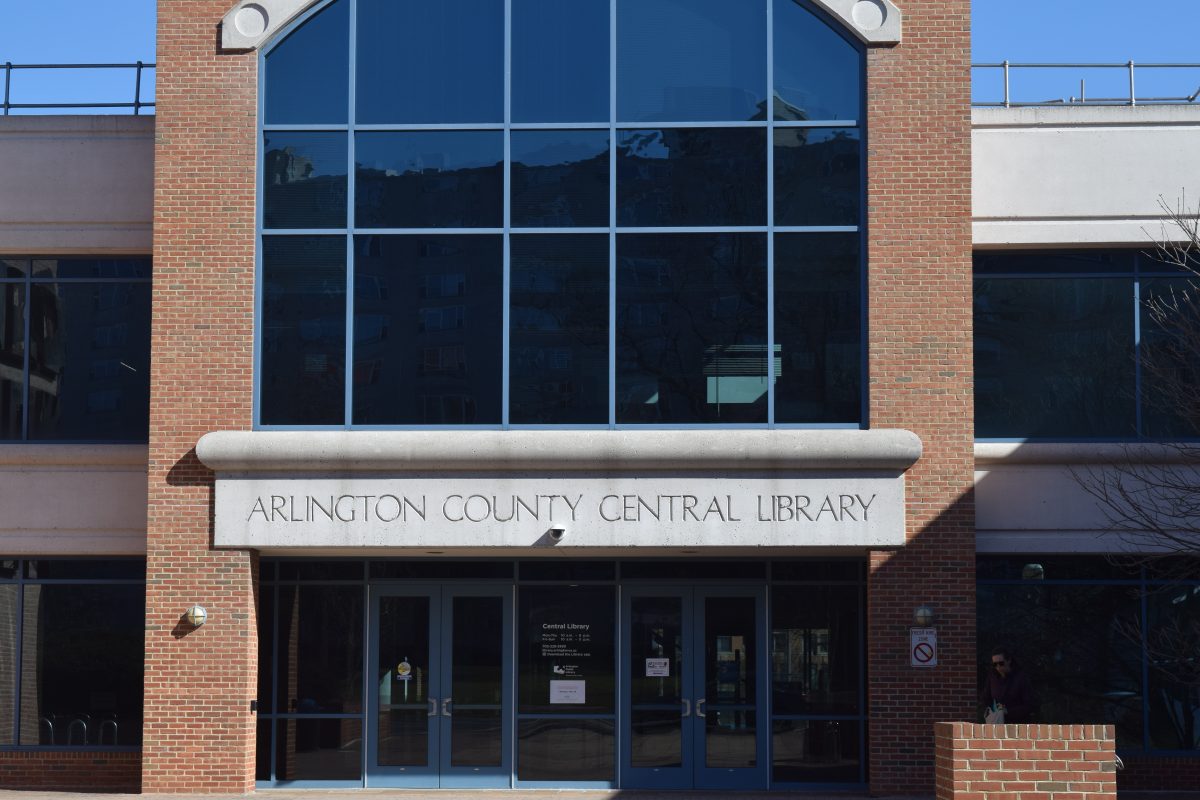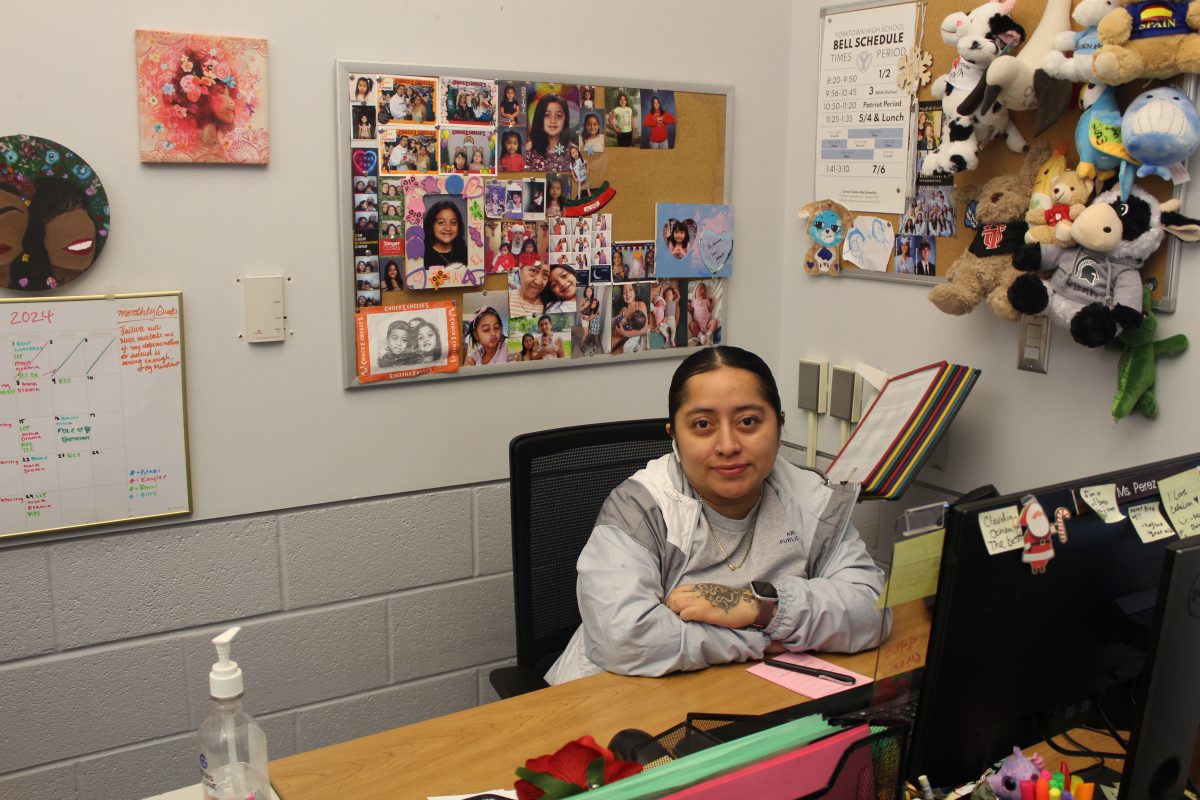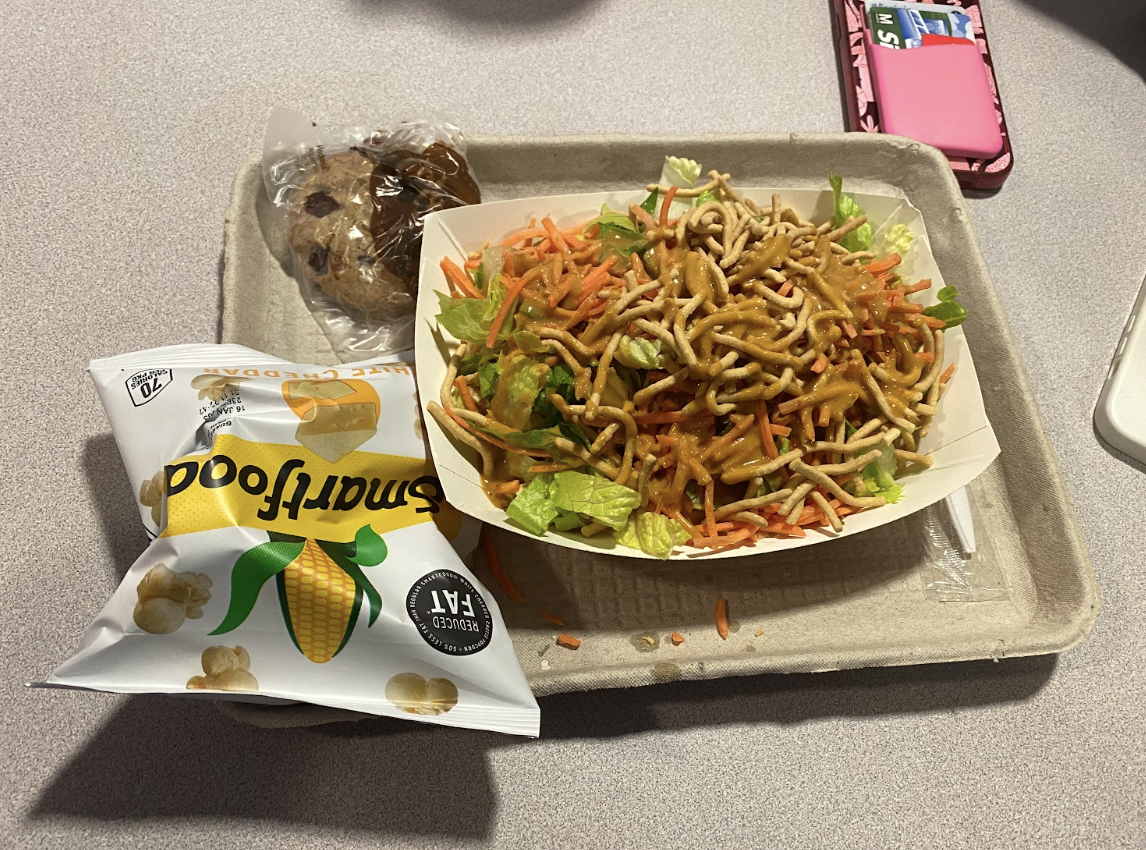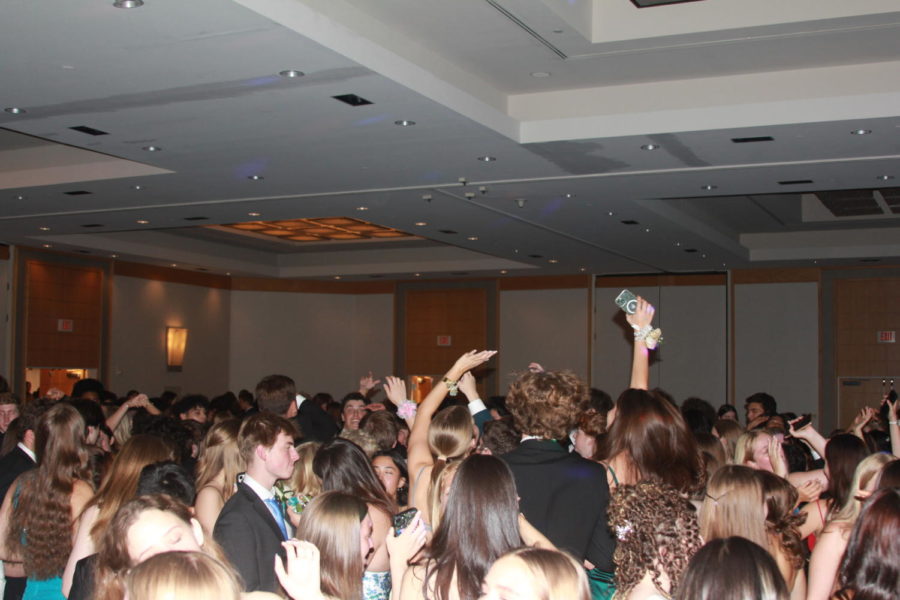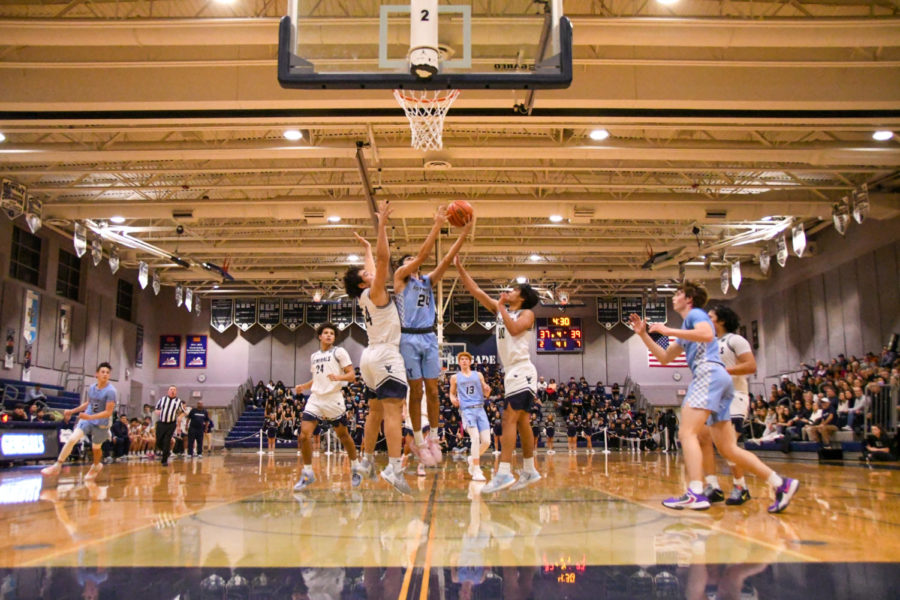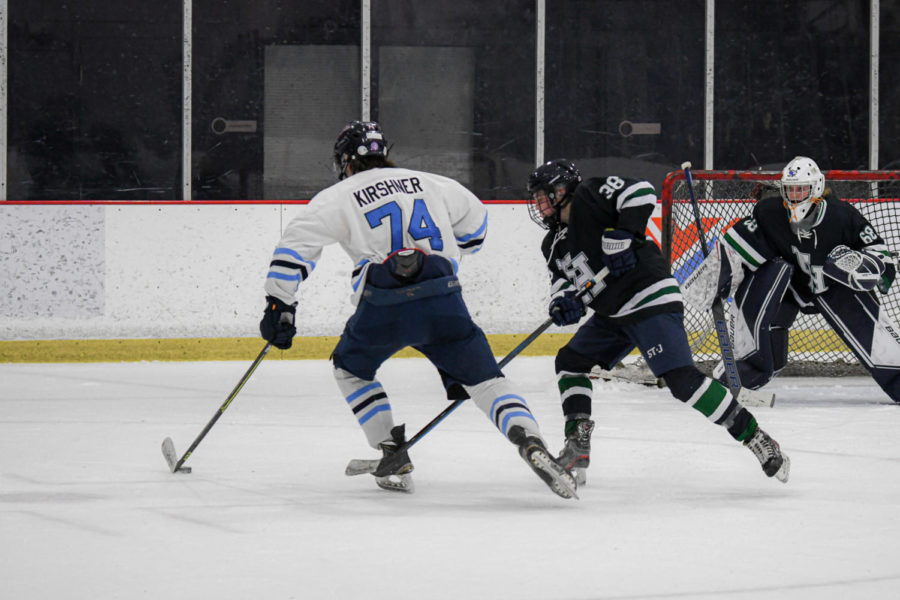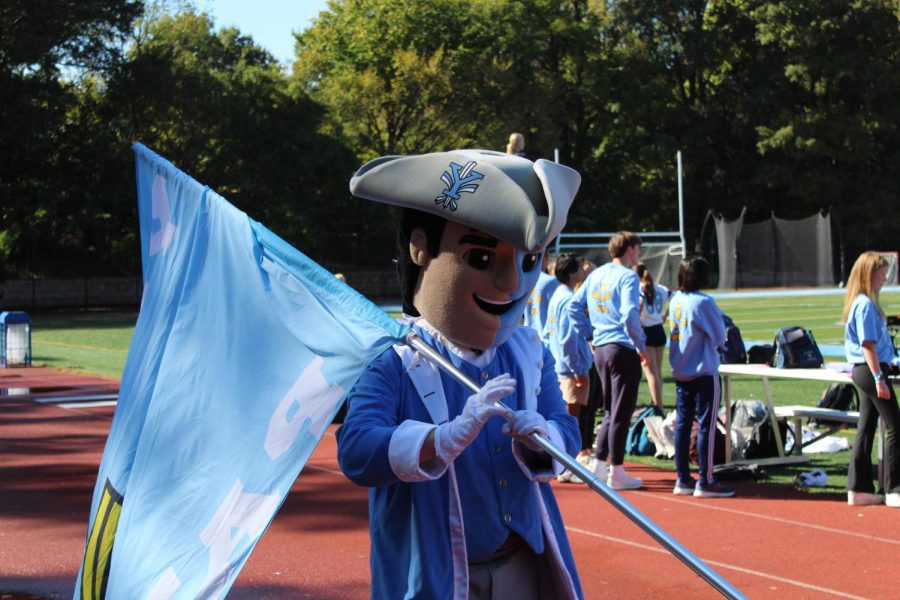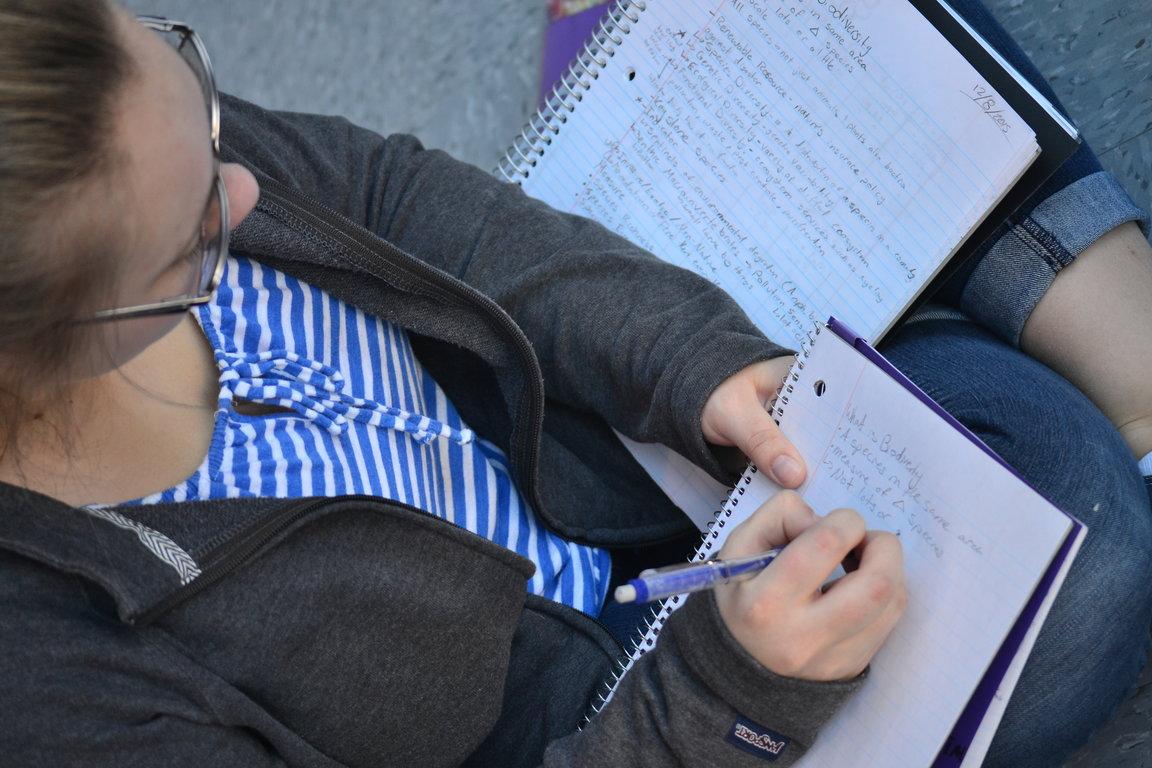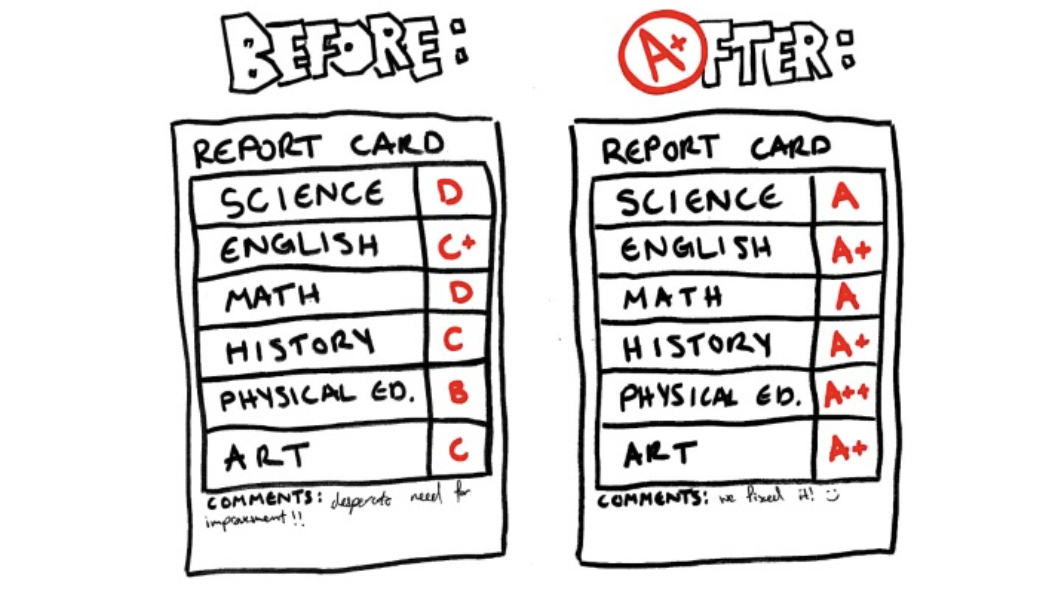Cheating is wrong. This is a widely known and accepted value in society. Cheating in any capacity is an unethical way to succeed and specifically in school, it is counter-productive to education. Every child is taught that his or her work must be his or her own, and that if he or she plagiarizes there will be dire consequences. So why does cheating seem to be running rampant in schools?
The answer ranges from stress with too much homework, too much pressure to get good grades, not understanding the assignment, disinterest in the topic and sometimes pure laziness. Even though these reasons should not excuse cheating and students need to take responsibility for their work, we might also consider that cheating is a symptom of a deeper problem. Instead of treating the symptom with punishment or shame, teachers and administrators ought to view it as a challenge to make assignments more compelling and lessons more engaging so students will not want to cheat.
For students in high school, the pressure to get good grades is unavoidable. Doing less than perfect on an assignment can shatter a student’s confidence and on top of the self-imposed pressure, students are stuck in a competitive environment that introduces a whole new kind of anxiety. Kids constantly compare grades and measure themselves against each other—even when it is not relevant. Students rationally understand that this is petty thinking, and yet they think and feel this way constantly. This results in even more pressure to try harder next time, or the temptation to take the easy way out and cheat. The latter option appeals to too many kids, and it is not hard to understand why.
The amount of homework students get is at times just appalling. Kids get home from seven hour school days just to do hours more of homework, so naturally students will look for the fastest and most effective way to complete their work. This includes copying papers and searching for answers on the internet. While flat-out copying certainly goes in the “wrong” category, what about collaboration and using readily available information that kids always have access to? Students are fully aware that in the “real world,” adults work together all the time in their jobs, and look up information constantly. Doctors sometimes use apps to find correct medicine dosage, and in most jobs professionals work together to solve problems. Teachers can shape assignments so students can learn how to use resources responsibly and how to collaborate with their peers without copying.
Spanish IV and Spanish Literature teacher Margaret Johnson has experienced many forms of cheating in her class and as a result has changed her outlook on assigning homework.
“Students think, ‘why should I do the hard work of coming to the answer myself when I can just type in and have it translated for me, get it from a friend via a message or finding it online,’” Johnson said.
Johnson has started simply not assigning workbook homework because she finds her students just share answers or look them up, which does not help them learn.
“I try to assign homework that is personal to each student so it’s not something that can be copied. It’s your own personal reaction to a question,” Johnson said.
This strategy of assigning personal homework is a perfect combatant to cheating. Not only can it not be copied, but if a student feels that the homework being assigned is not just filling in blanks or busy work, they are far more likely to put effort in and do the work themselves. Too many teachers give homework that seems to have no meaning in students’ lives, and therefore they do not want to put time and energy into it.
Although this strategy of assigning meaningful homework may work for English and social studies classes, it is more difficult for subjects like math and science. These classes often require generic equations and questions, so assigning homework that is personal is difficult, but it is not impossible. Though it may seem like cheating is unavoidable in this situation, a teacher can give more homework where students learn how scientists and mathematicians have contributed to society with real world examples. This in turn will inspire kids to do their own work and make them want to understand the topics.
Teachers can work towards creating an environment where students feel comfortable enough to tell a teacher that they did not understand the homework or simply had too much on their plate and could not complete it. If a student feels they can tell the teacher the truth they are more likely to use that route instead of just copying off someone else.
High school is a difficult place for both students and teachers. Success is a team effort and therefore both parties need to understand the other. Students need to understand that teachers want them to show their authentic work and be prepared for the world around them where they cannot simply copy someone’s worksheet if they want to get a promotion or thrive in their jobs, and teachers need to understand that overly-busy students crave meaning and relevance, and that the things they perceive as unimportant are inevitably going to fall to the bottom of their long to-do lists. When homework is meaningful and doable, cheating becomes far less appealing.

